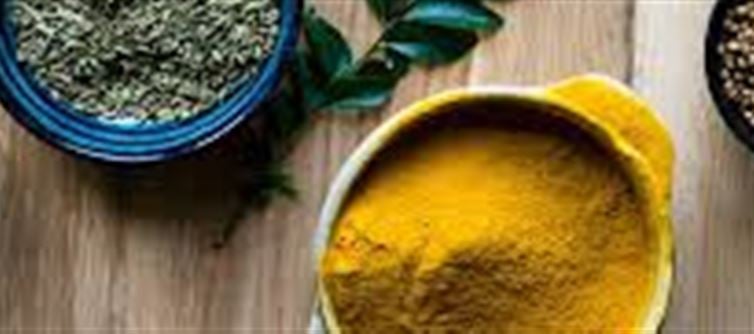
Curry masala Recipe
Ingredients:
- ½ cup coriander seeds
- 2–3 tbsp cumin seeds
- 1–2 tbsp black peppercorns
- 2–3 dried red chilies (adjust to taste)
- 1 tsp fennel seeds
- 1 tsp fenugreek seeds
- ½ tsp turmeric powder
- 2–3 cloves
- 2–3 green cardamom pods
- 1 small piece of cinnamon stick
- ½ tsp hing (asafoetida, optional)
Instructions:
Roast Spices: Dry roast coriander seeds, cumin seeds, black pepper, fennel seeds, fenugreek seeds, cloves, cardamom, and cinnamon on medium heat until aromatic. Be careful not to burn them as it can cause bitterness.
Roast red Chilies: In a separate pan, dry roast dried red chilies lightly to bring out their flavor.
Cool & Grind: Allow all roasted spices to cool completely. Combine them in a blender or spice grinder with turmeric powder and hing. Grind into a fine or slightly coarse powder, depending on preference.
Store: Transfer the curry masala to an airtight container. Store in a cool, dry place. It can last for 3–4 months without losing flavor.
Tips for Best Results:
- Roast spices separately in small batches to ensure even cooking and prevent burning.
- Use fresh, high-quality spices for the best aroma and potency.
- Let spices cool completely before grinding to prevent moisture buildup.
- Adjust the quantity of red chilies according to your spice tolerance.
- For a richer flavor, you can add a few curry leaves or dry grated coconut while grinding.
- Store in a dark, airtight jar to maintain aroma and potency.
Health Benefits of Curry Masala
Curry masala is not just a flavor enhancer; it also provides numerous health benefits due to the combination of spices:
Digestive Health: coriander, cumin, fennel, and fenugreek aid digestion, reduce bloating, and improve appetite.
Anti-inflammatory & Antioxidant: turmeric, black pepper, and cloves have strong anti-inflammatory and antioxidant properties, protecting cells from damage.
Immune Booster: Spices like cardamom, cloves, and black pepper enhance immunity and fight infections.
Heart Health: Fenugreek, cumin, and coriander help lower cholesterol and support cardiovascular health.
Blood sugar Regulation: Fenugreek and cumin may help regulate blood glucose levels.
Metabolism & Weight Management: Spices like black pepper, chili, and cumin enhance metabolism and aid in fat burning.
Respiratory Health: Cloves, cardamom, and black pepper have mild expectorant properties that help clear nasal passages and improve lung function.
Conclusion:
Curry masala is a versatile and aromatic spice blend that enhances the flavor of indian curries, dals, and gravies. Beyond taste, it provides digestive, metabolic, and immune-boosting benefits. Making it fresh at home ensures the best aroma, potency, and nutritional advantages, making it a staple for healthy cooking.
Disclaimer:
The views and opinions expressed in this article are those of the author and do not necessarily reflect the official policy or position of any agency, organization, employer, or company. All information provided is for general informational purposes only. While every effort has been made to ensure accuracy, we make no representations or warranties of any kind, express or implied, about the completeness, reliability, or suitability of the information contained herein. Readers are advised to verify facts and seek professional advice where necessary. Any reliance placed on such information is strictly at the reader’s own risk.




 click and follow Indiaherald WhatsApp channel
click and follow Indiaherald WhatsApp channel